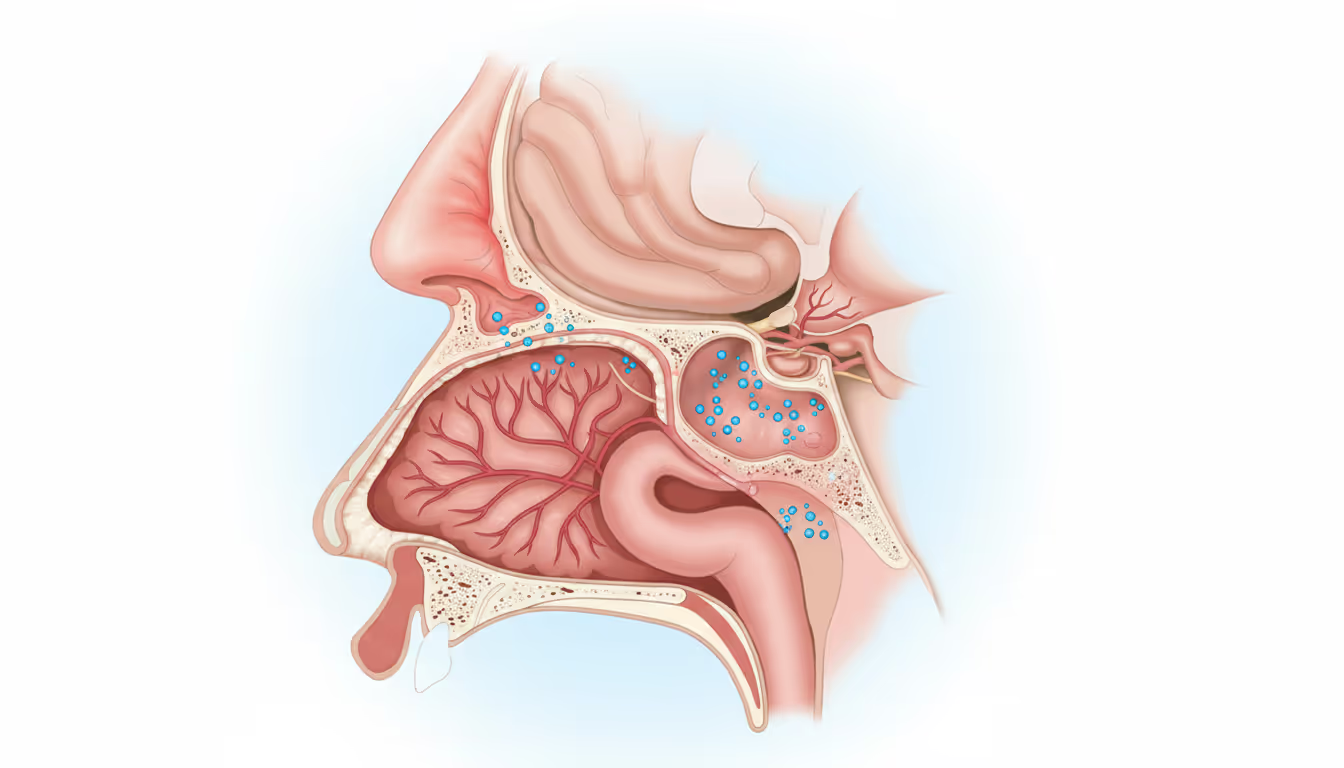
Allergic Reaction: An allergic reaction occurs when an individual's immune system overreacts to a certain substance. When an allergen enters the body, it triggers the immune system to respond in someone who is sensitive to it. This response happens when the immune system mistakenly targets a typically harmless substance, known as an allergen. To combat these perceived threats, the immune system utilizes an antibody called IgE. Although everyone possesses IgE antibodies, individuals with allergies have an excessive number of them, which can be problematic. These IgE antibodies target and engage with allergens, and in the process, may also affect nearby cells, particularly mast cells. When mast cells are disturbed, they release powerful chemicals, such as histamines, into the blood and surrounding tissues, which contribute to allergic reactions. These chemicals are highly irritating, leading to symptoms like itching, swelling, and fluid leakage from surrounding cells. They can also cause the airways in the lungs and throat to narrow, resulting in asthma symptoms and voice loss. Additionally, these chemicals are responsible for common allergic symptoms like runny noses and conjunctivitis, often referred to as pink eye.




